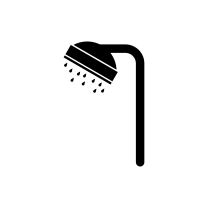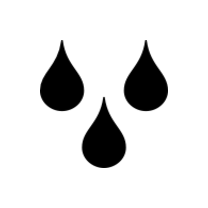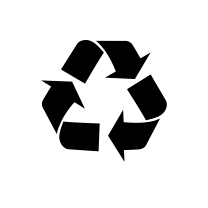The"4-R" integrated approach to water management: Reduce, Reuse, Recycle, Restore.
Reduce

Water conservation is a critical part of LA's water supply solution. A UC Davis Center for Water-Energy Efficiency project found that during California's historic drought, when statewide water conservation measures were in place, the energy savings from water conservation were greater than the energy savings from all other energy savings efforts combined.
Reuse

Rainwater is free. Why do we let billions of gallons of this potentially treatable and potable water flood our streets, pick up toxic pollutants, flow into storm drains, and eventually out to our inland and coastal waters? LA County has enormous potential to capture, treat, infiltrate and reuse our stormwater... and 69.45% of Angelenos voted yes in November 2018 to do just that.
Recycle

Purifying wastewater for agriculture, industrial uses, and drinking water is a safe and environmentally beneficial way to augment local water supplies that is already working from Singapore to Israel and even here in Orange County and LA. Employing the same technology as desalination, wastewater purification is cheaper and more energy efficient due to its lower salinity than seawater. It's no wonder Mayor Garcetti plans to recycle 100% of the City of LA's wastewater by 2035.
Restore

LA relies heavily on groundwater as a major source of drinking water; yet, many of our groundwater basins are heavily contaminated. For example, only about 30 wells in the San Fernando Basin are currently in reliable operation - a 50% reduction from historical groundwater supply. Cleaning up our contaminated basins - particularly as we plan to recharge them with purified stormwater and wastewater - is key to bolstering LA's local water supplies, and the process has already begun.